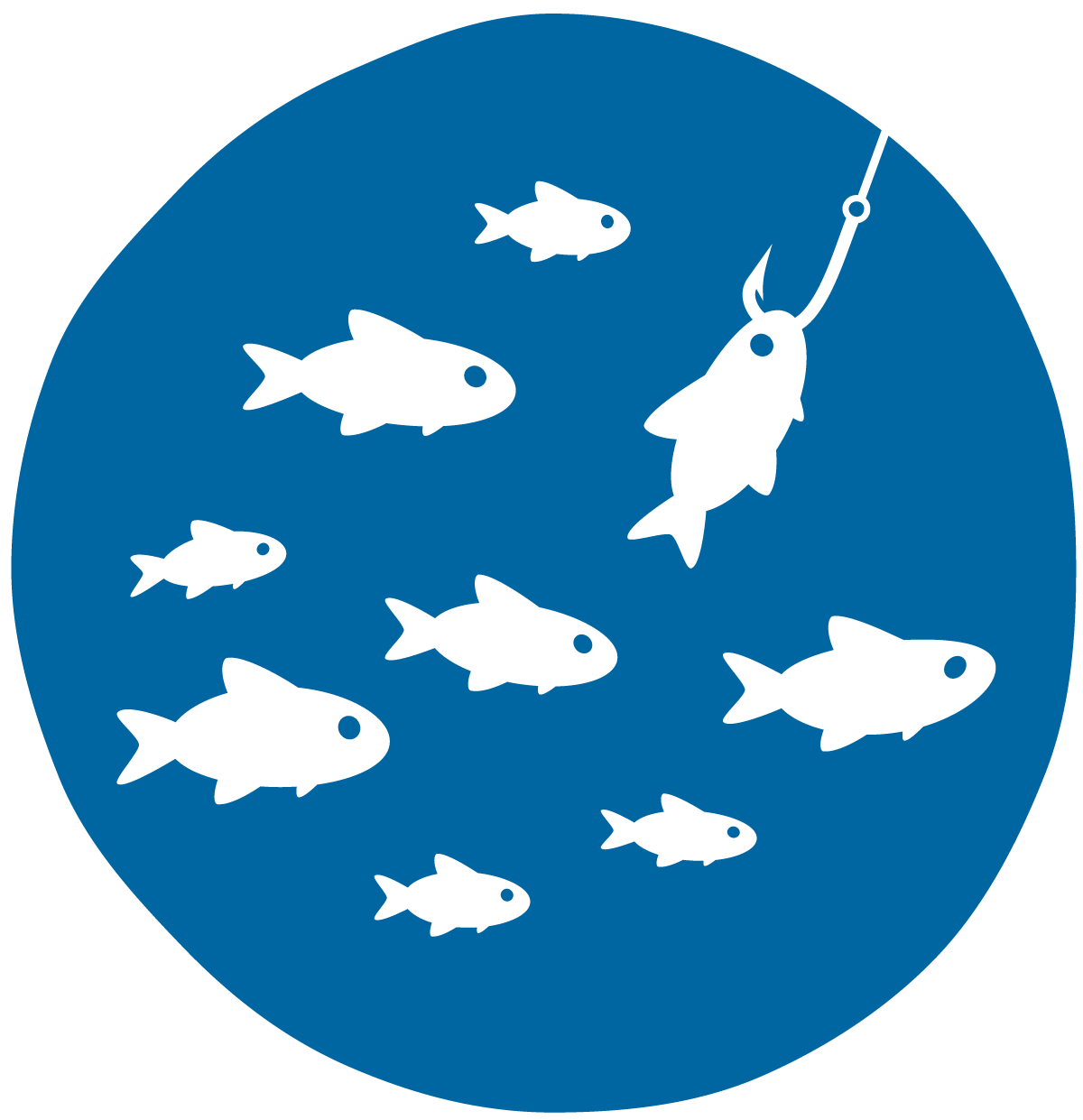Narrative
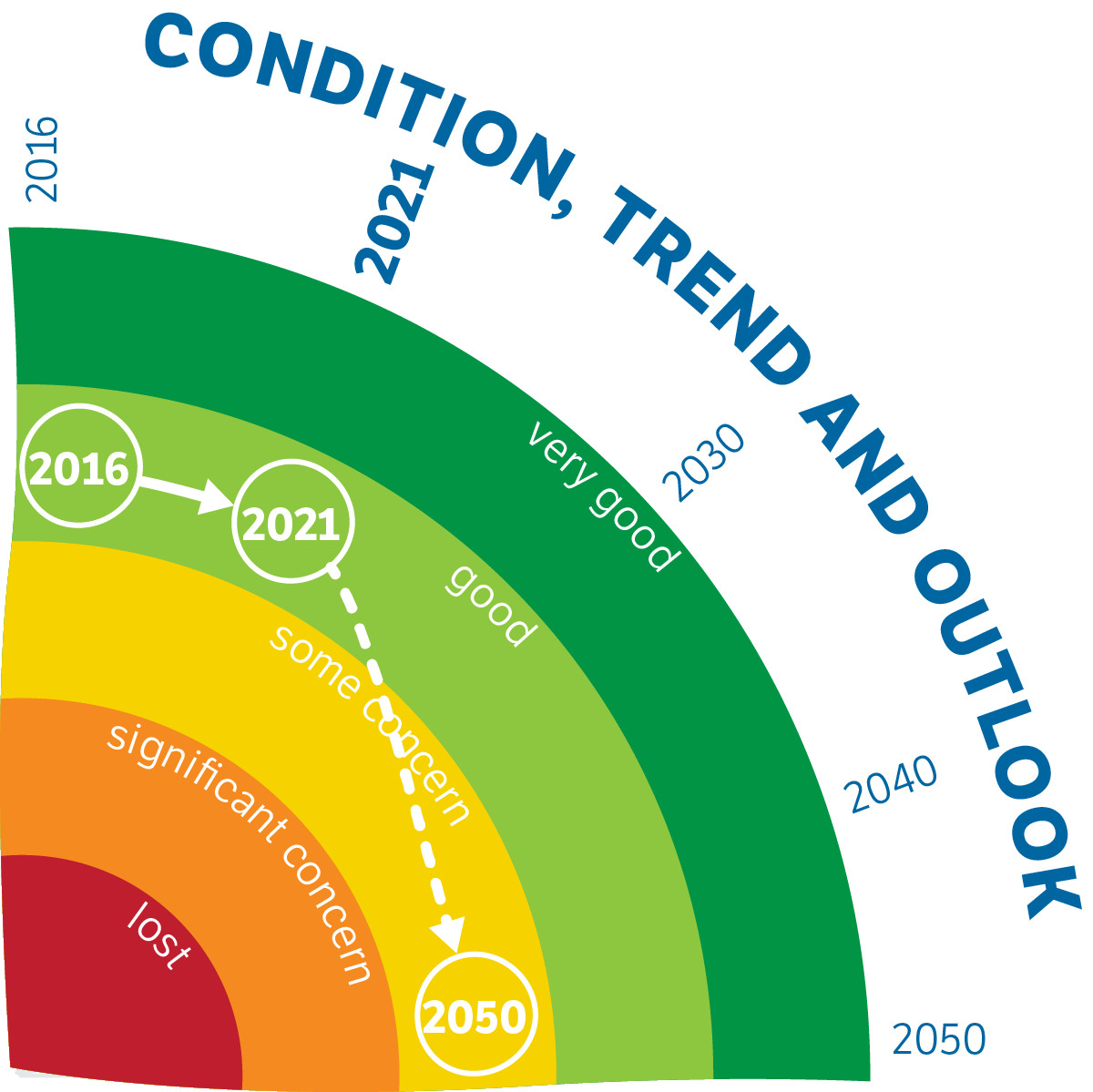
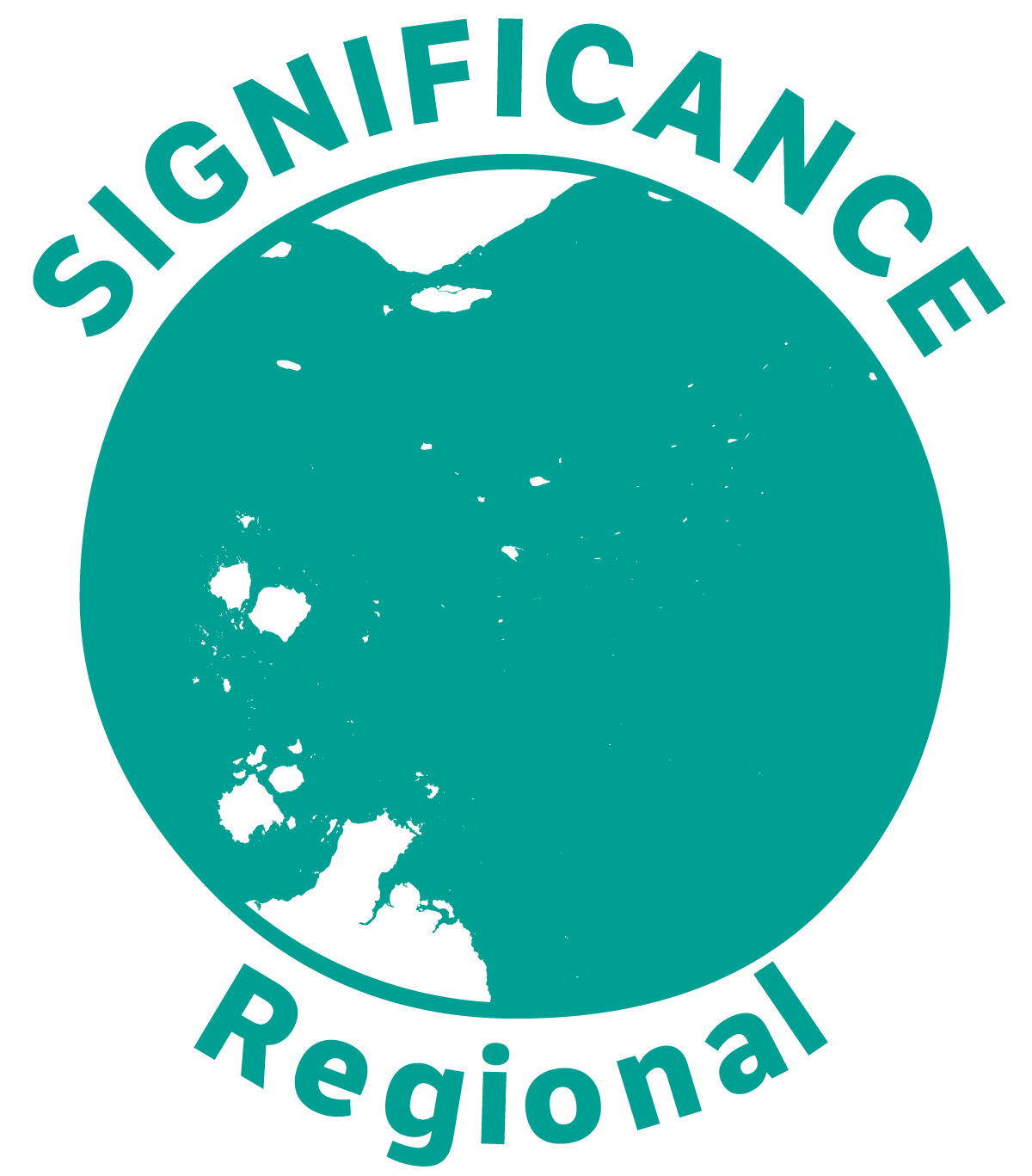
Subsistence, or customary, fishing is central to the Torres Strait way
of life. Traditionally, Aboriginal and Torres Strait Islander people have hunted, fished, and harvested a wide range of marine species for subsistence and cultural purposes, using a variety of methods that are managed under regional and community-based arrangements.
Management of Torres Strait fisheries is complex. Overlaying traditional fisheries practices and protocols are a series of government-led management arrangements through the Protected Zone Joint Authority (PZJA) and Torres Strait Treaty. Commercial fisheries (including tropical rock lobster, finfish and beche de mer) are managed separately from traditional subsistence fisheries (including dugong, turtle and other non-commercial species, such as clams). In the finfish and rock lobster fisheries, traditional catch is prioritised over commercial take, with estimated non-commercial take subtracted from the total allowable catch. No limits are set on traditional take in these fisheries.
Subsistence fishing is traditionally the domain of women and children, and consequently they have an intimate knowledge of home reefs and systems that can help to provide a strong indication of the health of local subsistence fisheries and the customary practices they support.
What is already happening?
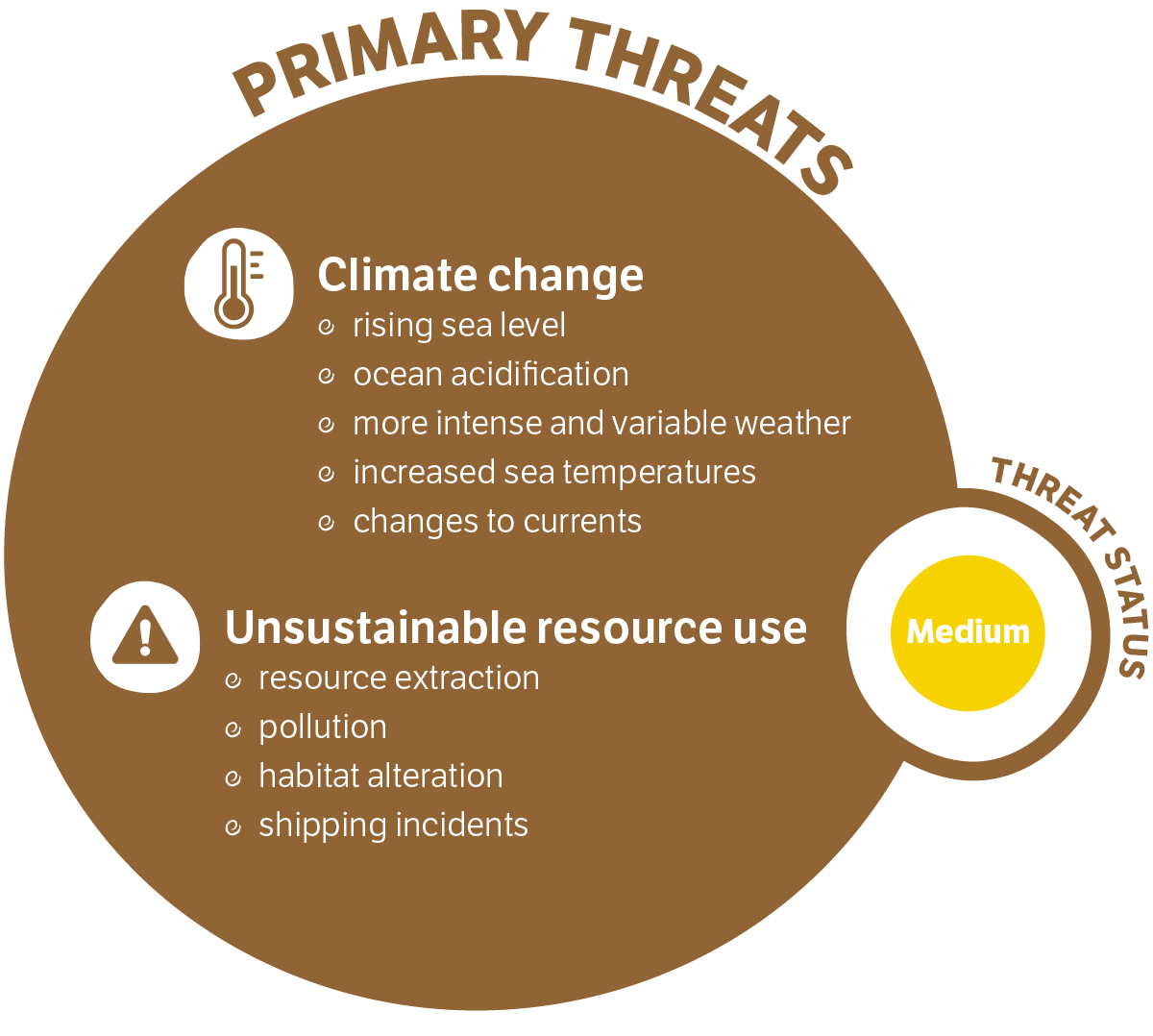
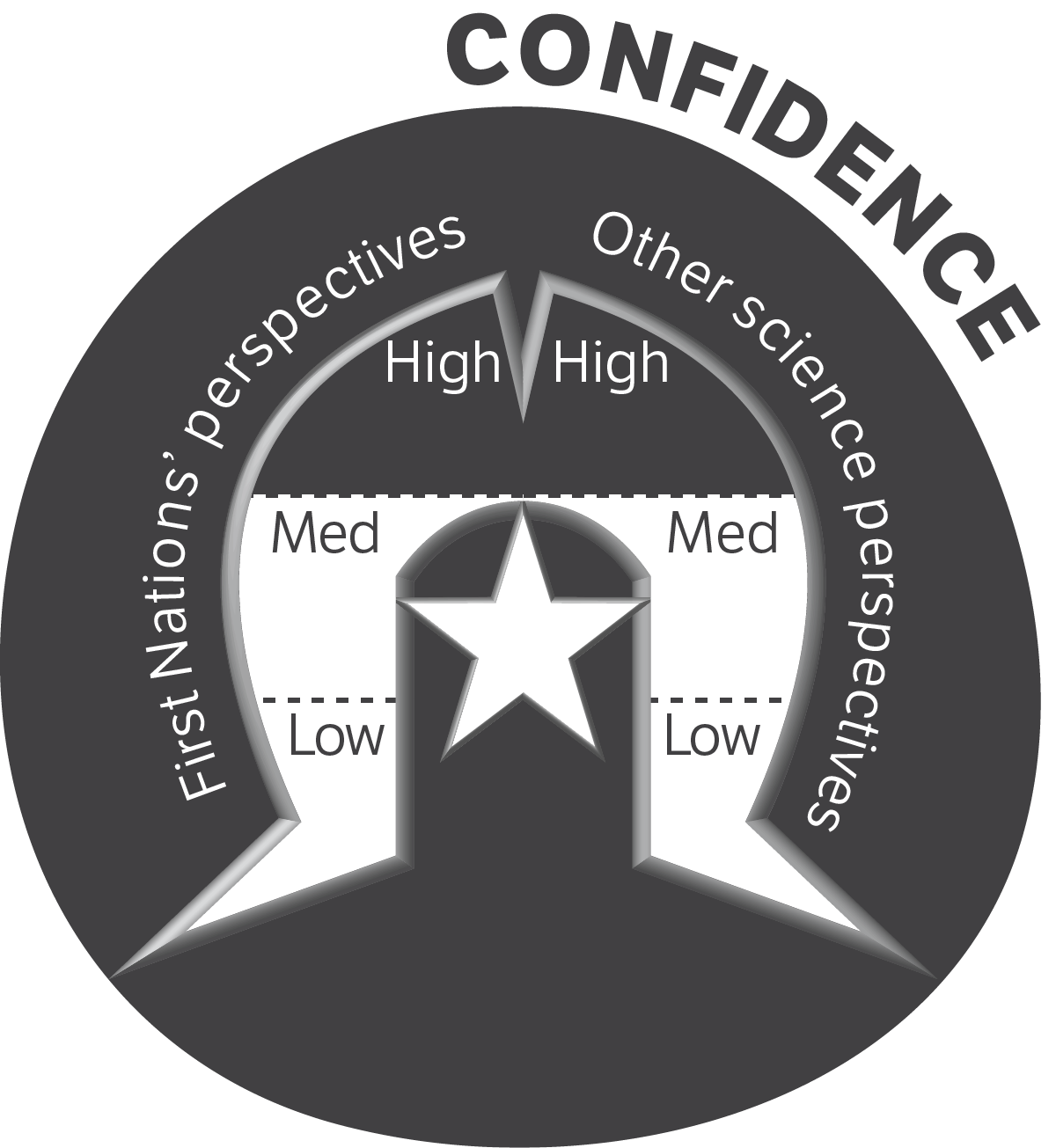
Regional and community-based management arrangements govern the key aspects of traditional use of marine resources, including the sustainable harvest of dugongs and marine turtles (classified as traditional subsistence fisheries under the Torres Strait Fisheries Act 1984 (Cth)).
Rangers work closely with community native title bodies, Traditional Owners and hunters to implement community-based dugong and turtle plans using both customary and contemporary mechanisms to ensure sustainability. TSRA Rangers support culturally appropriate compliance with these Traditional Owner endorsed plans, reinforcing Ailan Kastom and traditional governance systems and ensuring strong linkages with regulatory frameworks and partner agencies.
There are some tensions between commercial, recreational and subsistence fishing across Torres Strait, particularly in instances where there is overlap in the areas or fisheries targeted, and traditional protocols or community expectations are not complied with. The impacts of recreational fishing (by non-Indigenous people) tend to be concentrated around the Kaiwalagal (Inner Islands) area. The increasing tourism and population base around the Inner Islands, and pressures associated with recreational fishing, development, pollution, shipping, infrastructure, and lack of management capacity, exacerbate these tensions. Within island communities, the cultural dimensions of subsistence fishing are also changing rapidly with uptake of new technologies (e.g., freezers) and alternative food supplies. Currently there is very little data on the non-commercial take in the region.
What could happen?
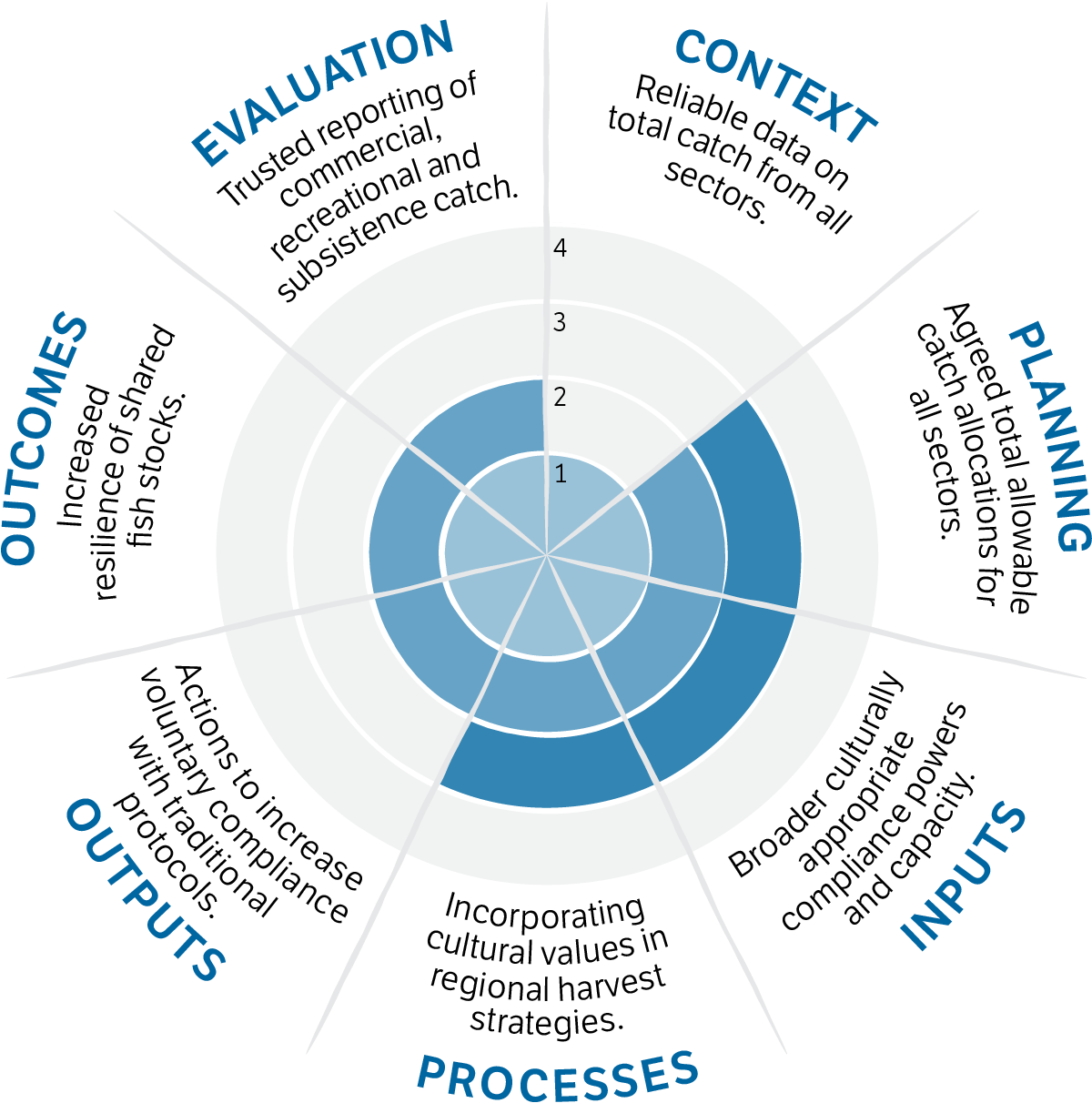
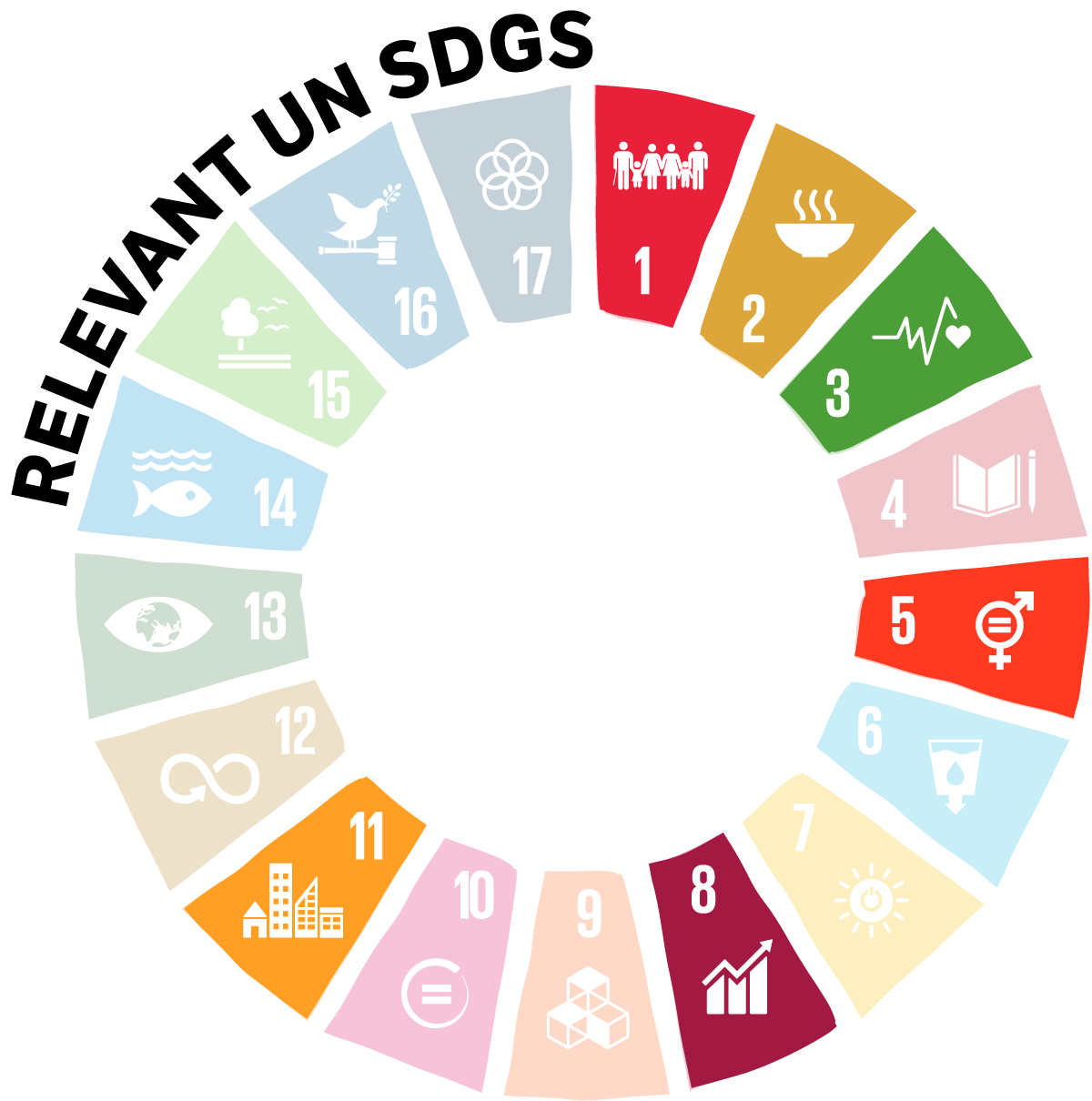
Climate change and associated loss of coral reef and sea grass habitats is a significant risk for tropical fisheries with long-term declines in diversity and abundance expected. Fish stocks targeted by commercial, recreational and subsistence fishing are likely to be most vulnerable. Adaptive approaches, based on improved knowledge of system-wide changes combined with customary management tools such as spatial and seasonal closures, will become
increasingly significant.
Pressures from large-scale fishing ventures operating in neighbouring jurisdictions or increases in illegal foreign fishing activity within the Torres Strait Protected Zone, could lead to further cumulative impacts on traditional subsistence fisheries.
There is potential for women to be increasingly recognised for their special knowledge and role in subsistence fishing in communities.
